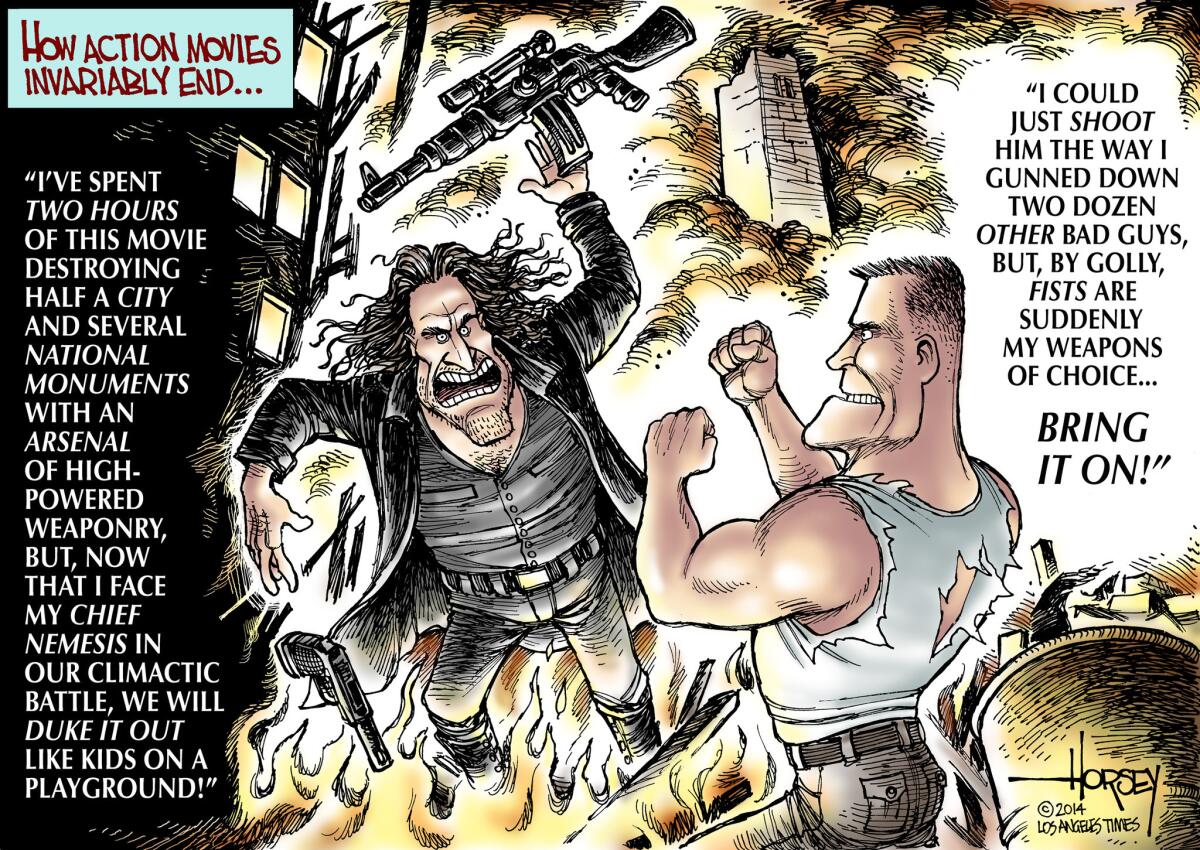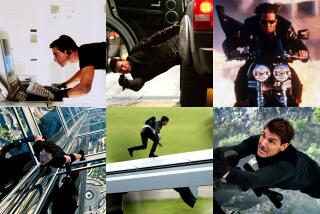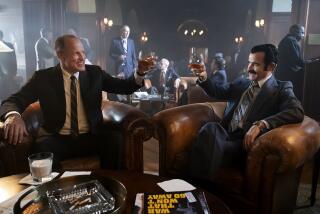Hollywood action movies: Could they be any worse?

A few nights ago, I finally caught up with watching the most recent Tweedledee and Tweedledum of action movies – “White House Down” and “Olympus Has Fallen.”
“White House Down,” with Channing Tatum in the lead role, was one of the flubs that drove a big revenue decline at Sony Pictures Entertainment in 2013 – losses that contributed to last month’s layoff of 216 employees at the studio’s Culver City headquarters. “Olympus Has Fallen,” starring Gerard Butler, was made for less money and did pretty well selling tickets. The contrast in box office performance, though, is one of the few things that sets the two movies apart.
During production, it was common knowledge that two cinematic versions of an attack on the White House were in the works and, since their release, many people have noted the remarkable similarities between them. If a viewer did not know they were made at the same time, it would be easy to think one was a remake of the other.
Tatum plays a cop who is rejected as a candidate for Secret Service agent’s position in the White House. Butler plays a Secret Service agent who has been banished from the White House and relegated to a desk job. In both movies, when bands of terrorists start blowing up D.C. and take the president hostage, these Secret Service outsiders are the only ones left inside the White House to save the day. Both movies feature kids in peril. Both have admirable, resolute presidents (a rarity in the era of “House of Cards” and “Scandal”). Both make the Speaker of the House a central character. The similarities run deep.
If these were books or news articles, one might suspect plagiarism at work. However, the reality of Hollywood action movies is different. There are certain formulas that everyone uses. In the case of “White House Down” and “Olympus Has Fallen,” it is the venerated “Die Hard” formula that has worked so well for the Bruce Willis franchise. If two screenwriters apply the same formula to an attack on the White House the resulting films are bound to be clones of each other.
In their third acts -- that final 45 minutes when everything starts blowing up and the hero and chief villain come face to face for a final confrontation -- just about all action movies are the same. These predictable climaxes are seldom very interesting. One of 2013’s better action movies, “Man of Steel,” was a very original reinvention of the Superman story, but the climactic battle was just the usual overload of noise and mayhem.
PHOTOS: Biggest box-office flops of 2013
“Man of Steel’” ended with an epic fist fight -- the most unshakeable convention in action movies. By some strange logic, the top good guy and top bad guy, no matter the potency of their weapons or level of their powers, must always end it all in a brawl, as if they were two cowboys in a saloon.
It would be nice, for once, to be surprised. Remember the moment in “Raiders of the Lost Ark” when Harrison Ford was confronted by a hulking Arab assassin brandishing a huge scimitar? For just a beat, Ford, as Indiana Jones, contemplates hand-to-hand combat. Then he realizes what a ridiculous idea that is, pulls out his pistol and shoots the bad guy. It was unexpected and it was funny. It spoofed convention.
That’s what we should wish for in future action movies: fewer explosions and a lot more surprises.
ALSO:
Horsey on Hollywood: “Noah” floods theaters
Horsey on Hollywood: The Grammys
Horsey on Hollywood: Bro Country Music
Horsey on Hollywood: CNN’s news without news
More to Read
From the Oscars to the Emmys.
Get the Envelope newsletter for exclusive awards season coverage, behind-the-scenes stories from the Envelope podcast and columnist Glenn Whipp’s must-read analysis.
You may occasionally receive promotional content from the Los Angeles Times.








